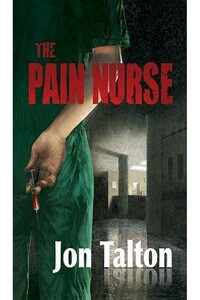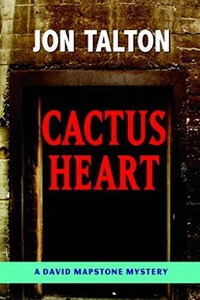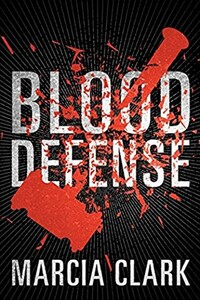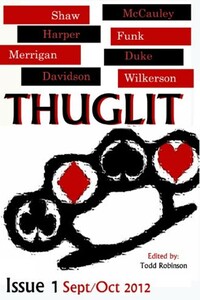South Phoenix Rules | страница 66
She sat between us and turned to Peralta. “Mike, what is this about the bad guys letting us live? I don’t know what that means…”
He crossed the railroad tracks and swung onto Grand Avenue before he replied.
“It means,” he said, “that they may want to grab you alive. They haven’t been able to do that yet because they know that Mapstone here would go down blazing. He learned one or two things from me.”
She stared into her lap, rubbed her hands along the stone-washed denim of her jeans. “They want me alive because they want to do the same things to me that they did to Jax.”
14
That night we sat in Peralta’s pickup again, only this time we were in a parking lot on Central Avenue in south Phoenix. Outside it was pleasantly crisp, in the fifties. All three of us wore light leather jackets. They concealed Robin’s protective vest and our firearms. Her unruly hair was tucked in a bun. My cell showed a quarter past ten-a quarter past midnight in Washington. I tried the mental exercise: put it back in the compartment. But the compartment was shattered. The best I could do was look through the windshield and force myself into the moment. From the open spaces, we could look down at the lights of the city and the downtown skyline, which looked entirely different from this direction. Over our shoulders, the red lights of the television towers on the South Mountains blinked in a steady cadence.
I was heedlessly venting my anger over the new sheriff, who was using the department to make large-scale arrests of Hispanics in an effort to pick up illegal immigrants. Why the hell wasn’t he arresting the employers-or the Anglos who benefited from cheap yard work or maid service? Where was the arrest of the wire-transfer company executives for helping facilitate human smuggling? Or even bagging big-time coyotes? Where was the outrage at the destruction of the traditional Mexican economy by NAFTA and the lack of investment that would benefit ordinary people down there so they didn’t have to migrate north? As usual, the working poor suffered. Only the sheriff’s “sweeps” were played prominently in the newspapers, along with anti-immigrant letters on the editorial pages. As I went on, Robin elbowed me in the ribs. Peralta serenely ignored me.
“Does this take you back, Mapstone?” The streetlights set Peralta’s wide, flat forehead in silhouette. “Summer of ’77, when the big gang violence really started. Command and the politicians didn’t even want us to use the word ‘gang.’ Why, Phoenix couldn’t have a gang problem. That’s what the well-off Anglos wanted to think. Neighborhoods falling apart, but they didn’t see it.” He chuckled. “Mapstone and I rode together when he was a rookie deputy, Robin. We served warrants down here. I was his training officer.”





